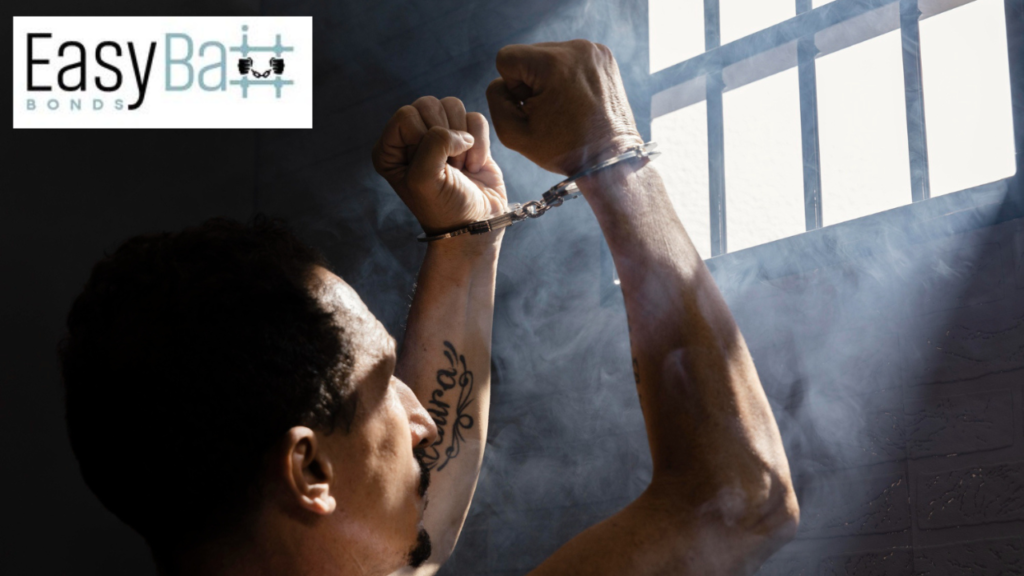Trusted Assault Bail Bond Services
Assault is a criminal offense categorized into distinct degrees, with the first degree being the most severe. In cases of first-degree assault, the accused is alleged to have intentionally used a lethal weapon to inflict injury, disfigurement, or even fatality upon another individual. Furthermore, there are three distinct classifications of assault, namely assault, assault and battery, and aggravated assault. While all these categories involve the deliberate infliction of harm upon another person, the severity of the assault distinguishes them. It is important to note that the specific type of assault and its degree play a pivotal role in determining the appropriate bail conditions.
By securing an assault bail bond, the accused can remain out of jail until their trial, allowing them to continue working and maintaining their personal responsibilities. However, failure to appear in court or adhere to bail conditions can result in forfeiture of the bail bond and potential re-arrest.

How Is an Assault Bail Bond Determined?
Assault bail bonds exhibit certain distinctions when contrasted with other bond categories. Notably, they are characterized by the inclusion of a “personal protection order” as a significant requirement. This stipulates that when an individual posts bail to await trial outside of detention, they must strictly adhere to the conditions specified in the protection order. Such conditions may encompass maintaining a specified distance from the alleged victim and refraining from any form of contact. Failure to comply with these directives will result in the accused being remanded in custody pending trial. Furthermore, several other factors contribute to the determination of eligibility for such bail, including:
- Previous incidents of aggression: Has the accused exhibited violent behavior toward this individual in the past? Does the suspect have a history of assault charges? If this is the first instance of such behavior, it may be a factor in considering a lower bail.
- The consequences of the event, including its nature and severity, such as the level of violence and resulting injuries, directly influence the bail amount, with more severe acts of violence leading to higher bail amounts
- The severity of an assault depends on the target of the attack. Assaulting a family member or someone from the same household might not be viewed as seriously as assaulting a person from the broader community. Nevertheless, it’s important to note that the gravity of the offense also varies based on the specific circumstances. For instance, committing sexual battery against a significant other could result in a substantial bail amount.
How To Post Assault Bail Bonds
Submitting bail can feel daunting, especially for someone unfamiliar with the procedure or inexperienced in such matters. At Easy Bail Bonds, we prioritize ensuring our clients have a clear understanding of our process and promptly address any questions or concerns. The fundamental outline of our process, from beginning to end, is as follows:
Reach out to us. When you contact a skilled bail bondsman for bail-related assistance, you’re entrusting the situation to a seasoned professional. With our extensive experience in handling numerous cases, we’ll ensure that you’re fully informed throughout the entire process.
.Authorization Form for the Defendant. By signng this document, you grant permission to a bail bondsman to initiate the bonding process on your behalf.
- Co-signer agreement document. This form is necessary for certain categories of bonds and serves to guarantee that in the event the defendant evades the trial, the co-signer will also bear legal responsibility
- The agreement that enables credit card transactions. It securely stores your credit card details for payment processing.
For more information, call us at (860)607-3116 or visit our contact page.
